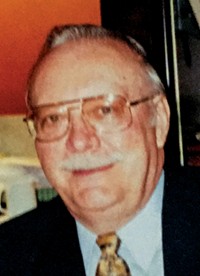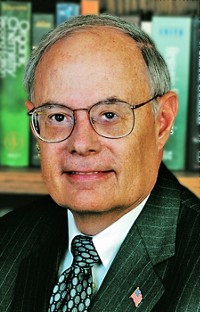Advertisement
Grab your lab coat. Let's get started
Welcome!
Welcome!
Create an account below to get 6 C&EN articles per month, receive newsletters and more - all free.
It seems this is your first time logging in online. Please enter the following information to continue.
As an ACS member you automatically get access to this site. All we need is few more details to create your reading experience.
Not you? Sign in with a different account.
Not you? Sign in with a different account.
ERROR 1
ERROR 1
ERROR 2
ERROR 2
ERROR 2
ERROR 2
ERROR 2
Password and Confirm password must match.
If you have an ACS member number, please enter it here so we can link this account to your membership. (optional)
ERROR 2
ACS values your privacy. By submitting your information, you are gaining access to C&EN and subscribing to our weekly newsletter. We use the information you provide to make your reading experience better, and we will never sell your data to third party members.
Careers
IYC Profile: Fiji
For Fijian ACS member Tevita Voro, living in paradise can have its challenges
by Bethany Halford
February 28, 2011
| A version of this story appeared in
Volume 89, Issue 9

When C&EN caught up with Fijian chemist Tevita N. Voro in early February, this snow-beleaguered reporter in New Jersey half hoped that a tropical breeze would find its way through the telephone lines. Instead, Voro chimed in with a reminder that paradise is a relative term. “I miss the snow,” he confessed. “It’s just after 9 AM here, and it’s already very humid.”
Voro, a chemistry lecturer at the University of the South Pacific’s Laucala campus, in Suva, holds a unique distinction among chemists in the world: He is the only American Chemical Society member living in the Republic of Fiji. A native of Fiji, Voro earned his bachelor’s degree at the school where he now teaches. A scholarship led him to the University of East Anglia, in England, where he earned master’s and Ph.D. degrees in organic synthesis—and grew to appreciate snow.
Upon completing his studies, Voro went home to Fiji and eventually joined the faculty of the University of the South Pacific (USP), where he’s remained for more than a decade. “I always felt that I had to return to contribute to my society in some way,” Voro says. “I’d like to believe that I’m doing that in terms of helping students.”
Voro describes USP as a small school. It is a regional university with 14 campuses from Tonga to Tuvalu. The Laucala campus, which was formerly a base for New Zealand’s Royal Air Force during World War II, is a stone’s throw from the sea. But alas, Voro says, to find the sandy beaches Fiji is famous for, you have to get out of town. Even so, the school is not without its tropical charms. Students use bures—traditional Fijian dwellings made from wood and straw—scattered throughout the campus as study rooms.
Students who study science at USP earn a natural science degree with a specialization or “major” in a specific field, such as chemistry or biology. Voro says that roughly 70 students take upper-level chemistry courses at the Laucala campus in a given year.
Although “there is no chemical industry in Fiji,” Voro notes, “students who graduate with a chemistry major go into teaching or agriculture. We do have gold mining, and a few other minerals that are mined, so some people do go into the mining industry. We also have the sugar industry; it’s one of our main resources in Fiji apart from tourism.”
USP’s chemistry department consists of seven faculty members, and Voro is one of two organic chemistry lecturers. Voro says his primary role is to teach classes and run labs, but the chemistry faculty is encouraged to do independent research, as well. Voro studies natural products. One of his projects focuses on compounds found in peanuts, an important crop in Fiji. Another project investigates kavalactones, compounds found in kava, a mildly sedating ceremonial drink that has been used by Fijians and their ancestors for thousands of years.
Working in Fiji has its challenges. “Although my Ph.D. is in synthetic organic chemistry, because of the facilities here, I wouldn’t be able to do meaningful synthetic research,” Voro explains. For example, getting chemicals, which are usually shipped by boat, can take a considerable amount of time. “When I was studying in England, you just filled out a request, and the chemical would arrive a day or two later,” Voro says. “Here, you have to order chemicals well in advance, and I mean well in advance. You’re lucky if your chemicals arrive in four months. You have to plan in advance and be well organized.”
Access to analytical instrumentation is also extremely limited. Although USP has a 50-MHz nuclear magnetic resonance spectrometer, Voro says if he wants higher resolution spectra, he has to send his samples to overseas collaborators.
“Networking is important for me,” he says. “I joined the American Chemical Society because I knew that I would have greater contact with other scientists.” In fact, fellow ACS members can catch up with Voro at next month’s ACS national meeting, in Anaheim, Calif., where he will present his research. “I am very much looking forward to it,” Voro says.
This series celebrating the International Year of Chemistry offers a window into the lives of ACS members around the world.






Join the conversation
Contact the reporter
Submit a Letter to the Editor for publication
Engage with us on Twitter